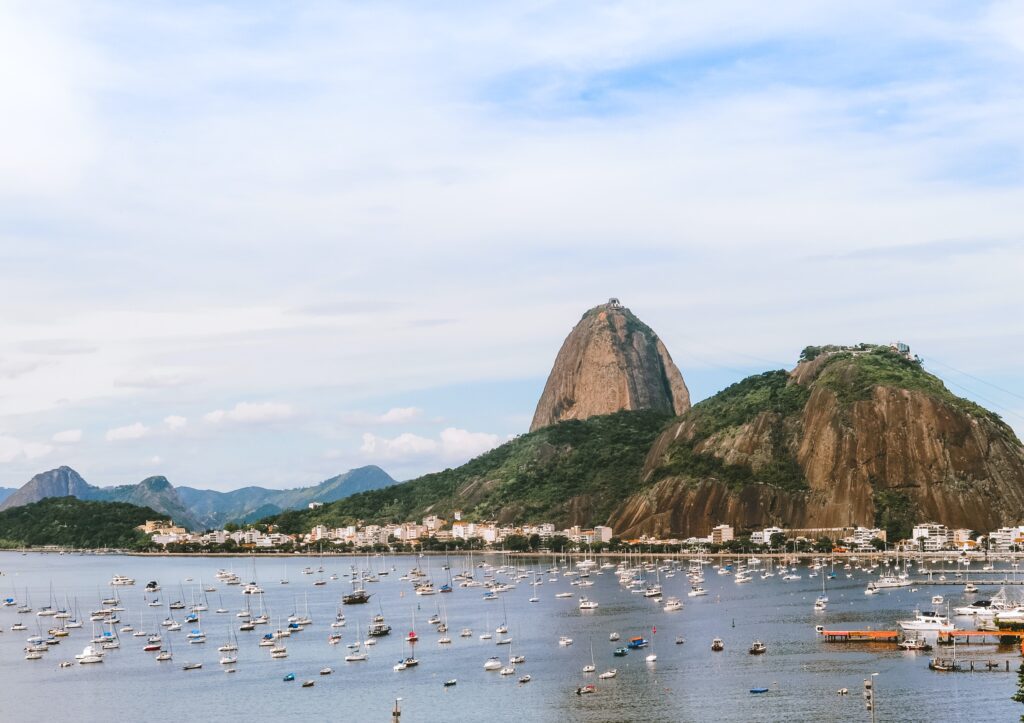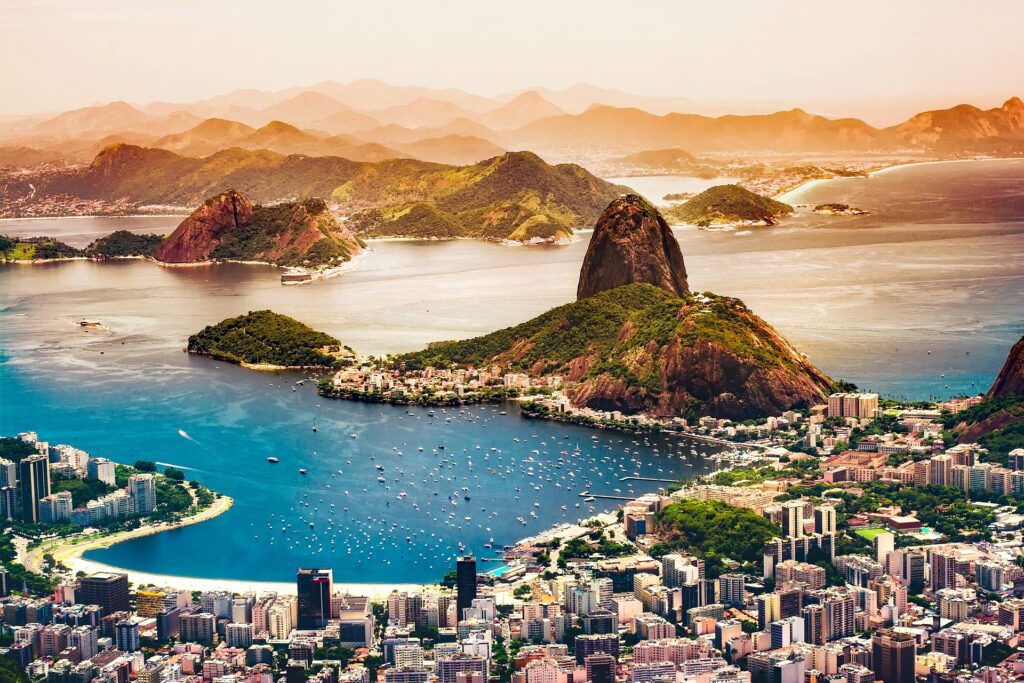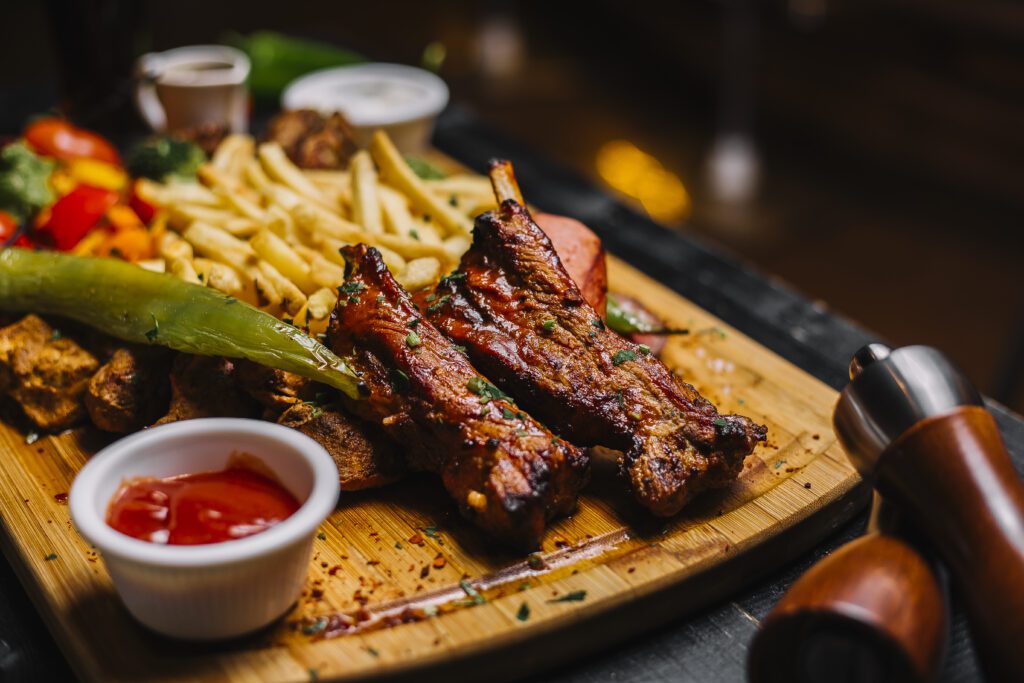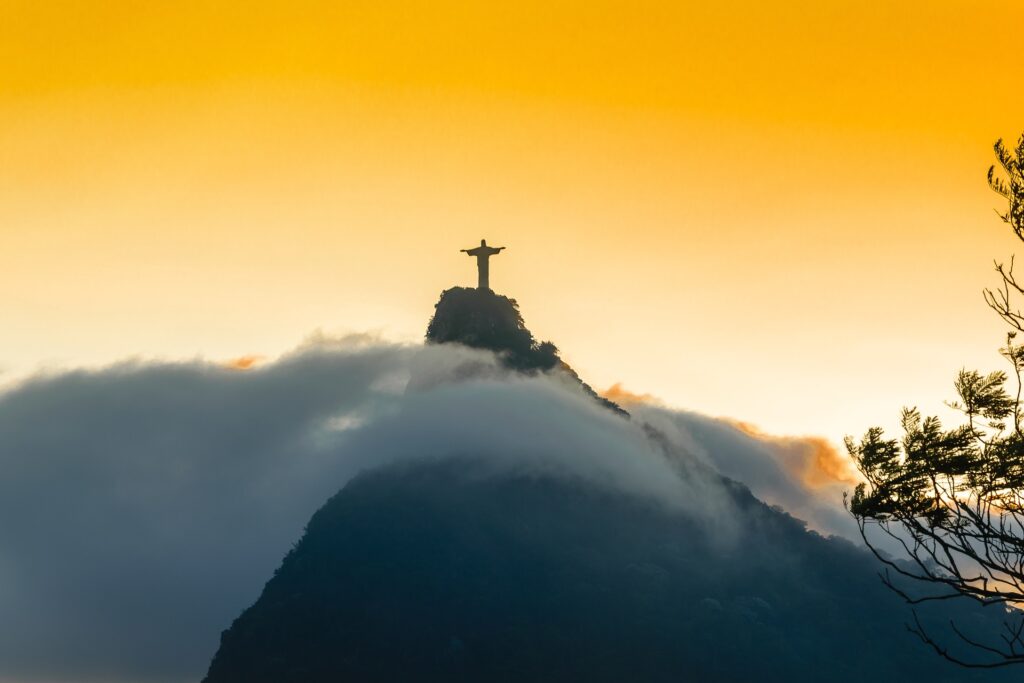Brazil is a vibrant country with a rich cultural history that is a melting pot of traditions, rituals, and holidays. Brazil’s cultural events, from the lively rhythms of samba to the colorful costumes of Carnival, provide a glimpse into the heart and soul of this enchanting country. These festivals not only demonstrate variety but also serve as a testament to the togetherness and harmony that drives Brazilian culture. In this post, we will look at some of the largest cultural festivals in Brazil and delve into the stories they tell about the country’s history, people, and spirit.
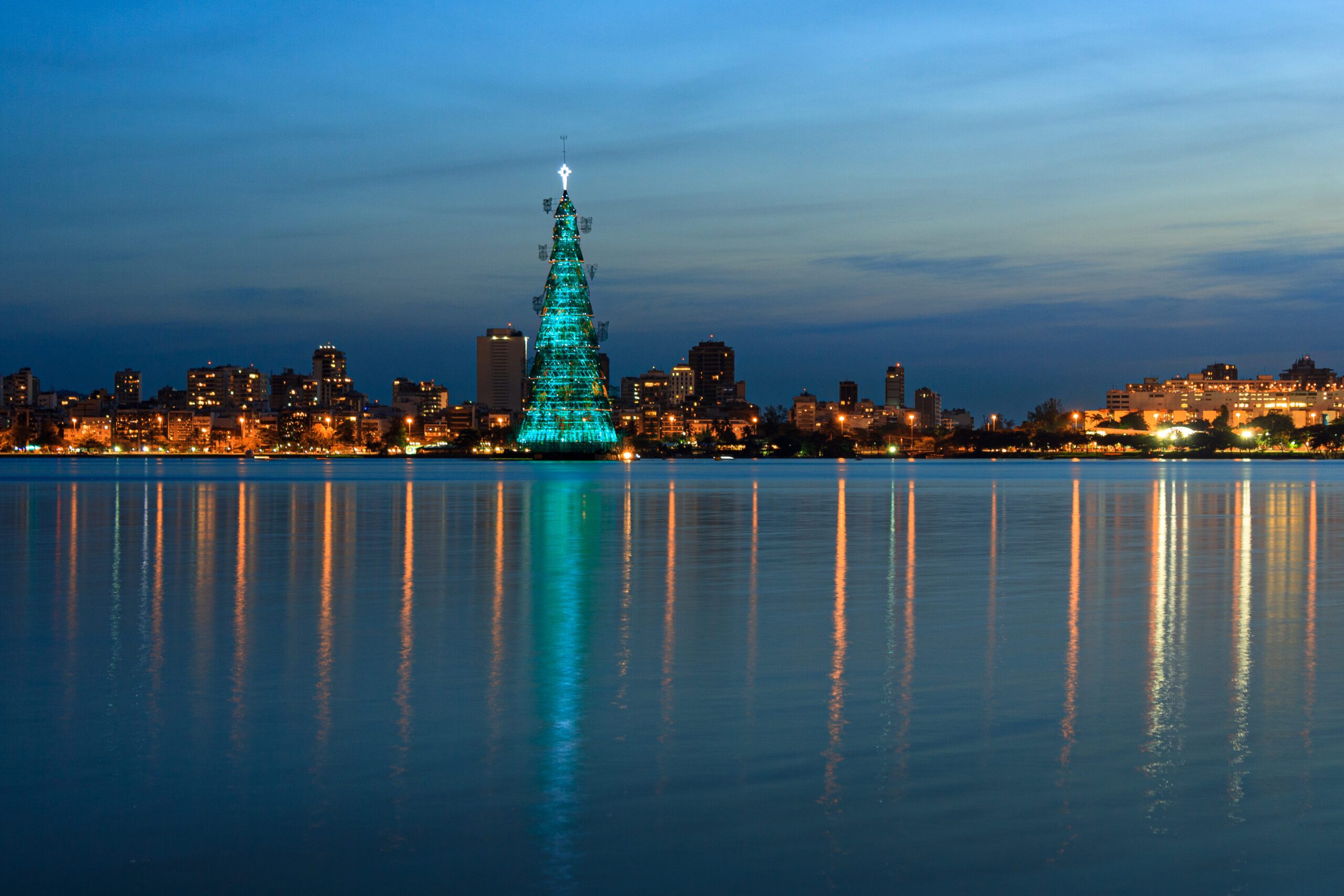

The Great Spectacle of Carnival:
Carnival, arguably the most famous of Brazil’s cultural festivals, is a fantastic event celebrated with unrivaled enthusiasm and zeal. It is held once a year, usually in February or March, to celebrate the start of Lent and is a time when the entire country explodes into a tornado of track, dance, and colourful parades.
In cities such as Rio de Janeiro, Salvador, and So Paulo, elaborate samba schools train for months to perform in the Sambadrome, a specially created parade venue. The costumes, frequently extravagant and bedecked with sequins, feathers, and vivid textiles, are a monument to the ingenuity and talent of Brazilian human beings. Carnival overcomes social and economic barriers, joining people from all walks of life in a joyful birthday celebration.
Festa Junina: A Homage to Rural Traditions:
While Carnival is the focus, Festa Junina provides a look into Brazil’s rural past. It is a month-long celebration that pays tribute to the country’s agricultural roots. The competition is distinguished by colorful decorations, folk dances, and traditional meals and drinks such as corn-primarily based dishes and quento, a warm alcoholic beverage.
The quadrilha, an energetic rectangular dance that re-enacts a rural wedding ceremony, is one of the most widespread Festa Junina customs. Participants dress in outfits resembling farm attire, lending authenticity to the festivities. Brazilians celebrate Festa Junina to honor the hardworking agricultural groups who have helped shape the state’s identity.
Lavagem do Bonfim: A Spiritual Journey
Lavagem do Bonfim, held in the coastal city of Salvador, Bahia, is a wholly unique tournament that combines spiritual devotion with lively cultural manifestations. This festival, held in January, can pay homage to Senhor do Bonfim, a Catholic saint who is also revered in the Afro-Brazilian Candomblé religion.
The symbolic washing of the stairs leading to the Bonfim Church is the focus of Lavagem do Bonfim. Participants in traditional white attire distribute plants and perfumed water, washing the stairs as a purification and regeneration gesture. This traditional gesture exemplifies Brazil’s happy coexistence of various faiths and beliefs, in which Catholicism and African-rooted religions weave a magnificent tapestry of spirituality.
Bumba Meu Boi: Folklore and Tradition:
Bumba Meu Boi is a colorful people pageant from the northeastern state of Maranho that combines indigenous, African, and Portuguese influences. It is a June celebration that portrays the story of a resurrected ox via colorful music, dance, and dramatic acts.
The celebration centers around many characters, each with their own unique role and costume. Bumba Meu Boi exhibits the Maranhense folks’ inventive prowess and storytelling ingenuity, from the amusing Matraca, who provides musical accompaniment, to the imposing Ox itself. This festival not only entertains but also maintains and transfers cultural awareness from one generation to the next.
Conclusion:
Brazil’s cultural festivals are evidence of the country’s rich fabric of traditions, ideals, and customs. Brazilians celebrate their diversity through events such as Carnival, Festa Junina, Lavagem do Bonfim, and Bumba Meu Boi, building ties that transcend geographical, racial, and socioeconomic differences.
These galas not only provide a glimpse into Brazil’s past but also serve as a lively reflection of the country’s present and future. They demonstrate the perseverance, ingenuity, and strong sense of community that characterizes the Brazilian spirit. As tourists and members participate in these festivals, they are welcomed into the warm embrace of a state that takes great pride in its cultural tapestry.
In experiencing these festivals, one witnesses the magic that takes place whilst people come together to have a good time with their variations, in the end weaving a stronger, greater vibrant tapestry of unity. Brazil’s cultural festivals are not simply occasions; they are dwelling, respiratory testaments to the power of range in developing a harmonious and beautiful society.

